Toxicologist warns scented candles fuel cancer, respiratory issues
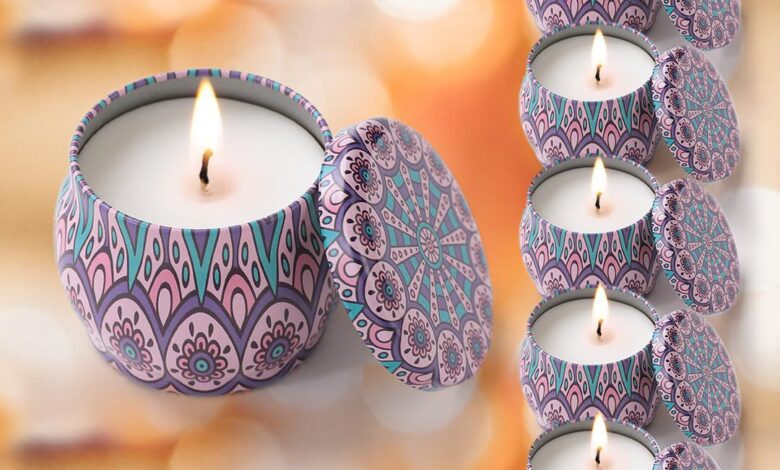
Scented candles have, without doubt, become a ubiquitous presence in modern living spaces, particularly among younger generations. Beyond merely setting a calming ambience, they’ve evolved into a key aesthetic element, frequently showcased across social media platforms like Instagram and TikTok, from cosy bedrooms to chic cafés and beauty studios.
However, a prominent toxicologist, Dr. Regina Ama Oppong Wiredu, has issued a stark warning: some of these popular candles may be releasing harmful chemicals when burned, especially in enclosed environments, posing significant long-term health risks such as cancer and respiratory issues.
Dr. Wiredu elaborated that “many commercial scented candles are made from paraffin wax, which is a byproduct of petroleum. When burned, they can release Volatile Organic Compounds (VOCs) such as benzene, a known carcinogen and toluene, which may cause other serious health effects.”

She explained that these insidious chemicals can linger in the air, particularly in smaller rooms with inadequate ventilation. Over time, consistent inhalation of such toxins could lead to lung irritation and a marked decline in indoor air quality. While “occasional use is unlikely to cause immediate harm, people who light scented candles daily, particularly in unventilated spaces, are at a higher risk of long-term exposure,” she noted.
READ ALSO: ‘It’ll take years to forget me’– Kuami Eugene dismisses career downfall claims
Delving deeper, Dr. Wiredu acknowledged that there is currently no direct evidence linking scented candles alone to cancer. However, the true concern, she explained, lies in the cumulative exposure to a multitude of indoor air pollutants.
“Cancer doesn’t happen overnight. It builds over years, sometimes decades, due to repeated exposure to harmful substances. When you combine emissions from candles with other indoor pollutants like air fresheners, dust, cleaning sprays or cigarette smoke, the risk increases,” she cautioned.
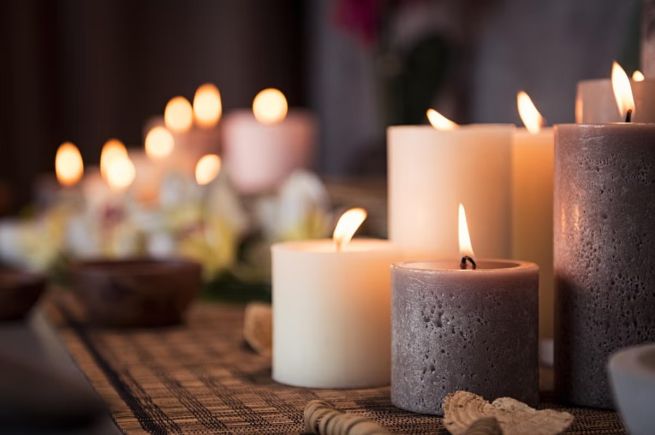
READ ALSO: These 6 schools will allow you to study abroad and bring your family along
A 2009 study conducted by South Carolina State University in the United States, cited by Dr. Wiredu, indeed found that burning paraffin wax candles could release harmful chemicals into the air, with potential links to conditions such as cancer and asthma. More contemporary research suggests that while the levels of these pollutants might be low, regular exposure could still present problems for certain vulnerable groups. This includes children, pregnant women, the elderly, and individuals already suffering from respiratory conditions like asthma.
Beyond the wax itself, the very fragrance infused into candles presents another area of concern. Dr. Wiredu highlighted that many candles utilise synthetic fragrance oils, which are known to emit phthalates – chemicals implicated in hormonal disruption.
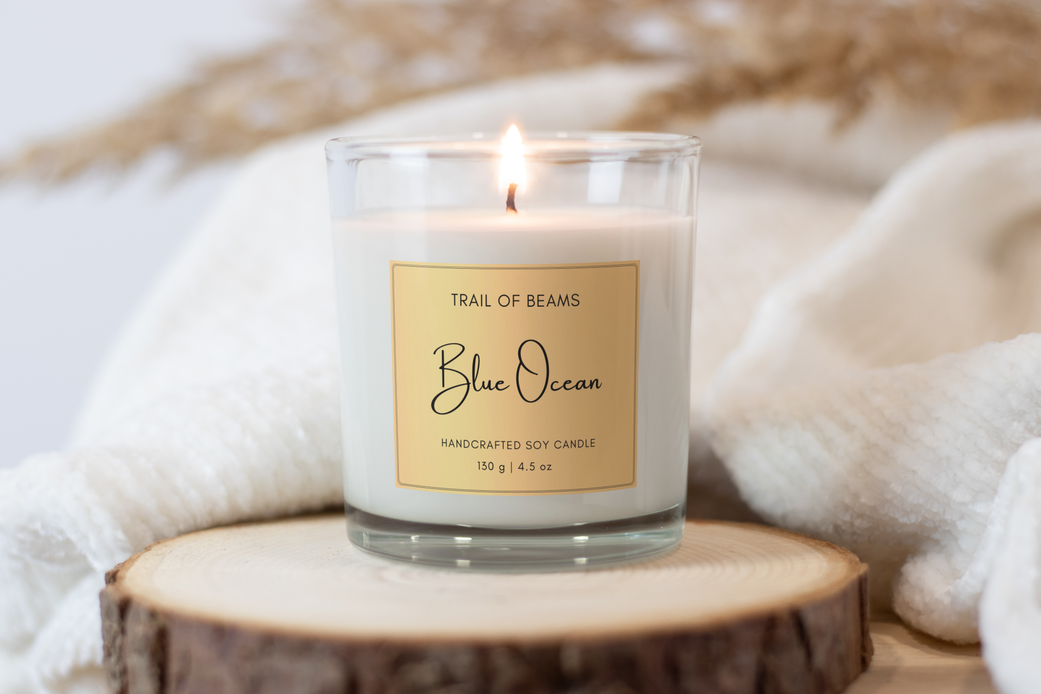
“Phthalates are used to help scents last longer, but they have been linked to hormonal imbalances and reproductive health issues. Inhaling these chemicals repeatedly is not something we should take lightly, especially for children and women of childbearing age,” she underscored.
ALSO READ: largest military bases in the world
The good news, according to Dr. Wiredu, is that not all candles are inherently problematic. She advised opting for natural wax alternatives, such as soy, beeswax, or coconut wax, as these burn more cleanly and are generally considered safer.
READ ALSO: What’s really the science behind women getting more attached after sex?
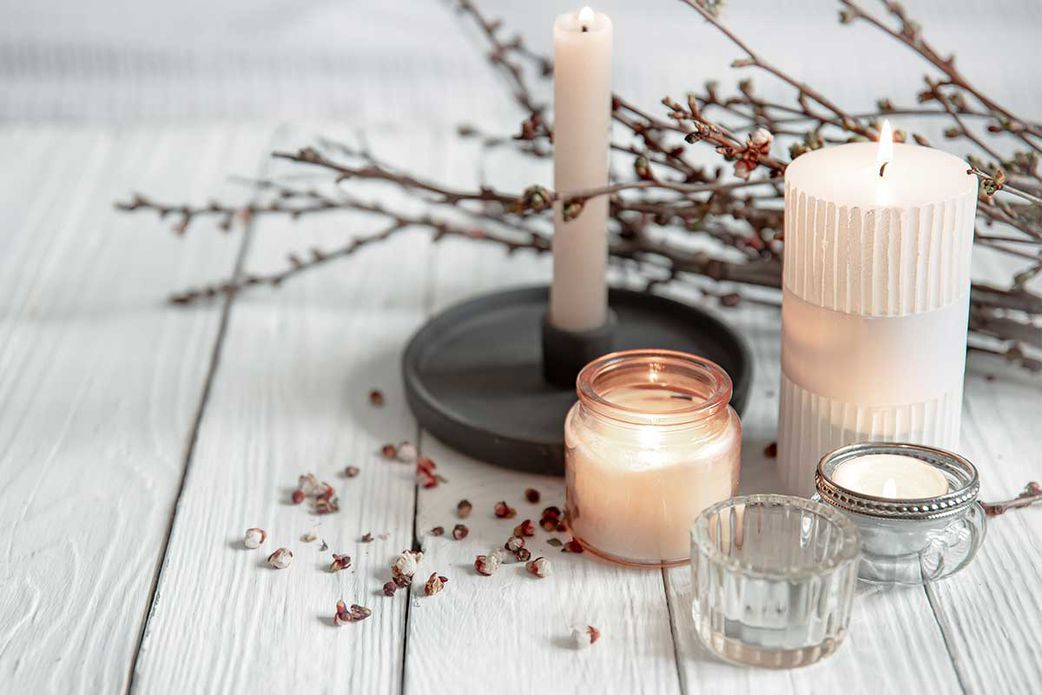
“These options are biodegradable and don’t release as many toxins into the air. Even better, look for candles that use natural essential oils instead of artificial fragrances,” she suggested. Consumers are also encouraged to scrutinise product labels; “If a candle doesn’t list what type of wax or fragrance it uses, that’s usually a red flag. Transparency is key when it comes to your health.”
Even for those who prefer to continue using their beloved scented candles, Dr. Wiredu offered several practical tips to mitigate health risks. These include always burning candles in a well-ventilated room, limiting burn time to under two hours, diligently trimming the wick to a quarter inch before each use to minimise smoke, avoiding candles that produce excessive dark soot or strong, artificial smells, and crucially, never sleeping with candles burning. “Candles can still be part of your relaxation routine, but moderation and awareness are important,” she concluded.
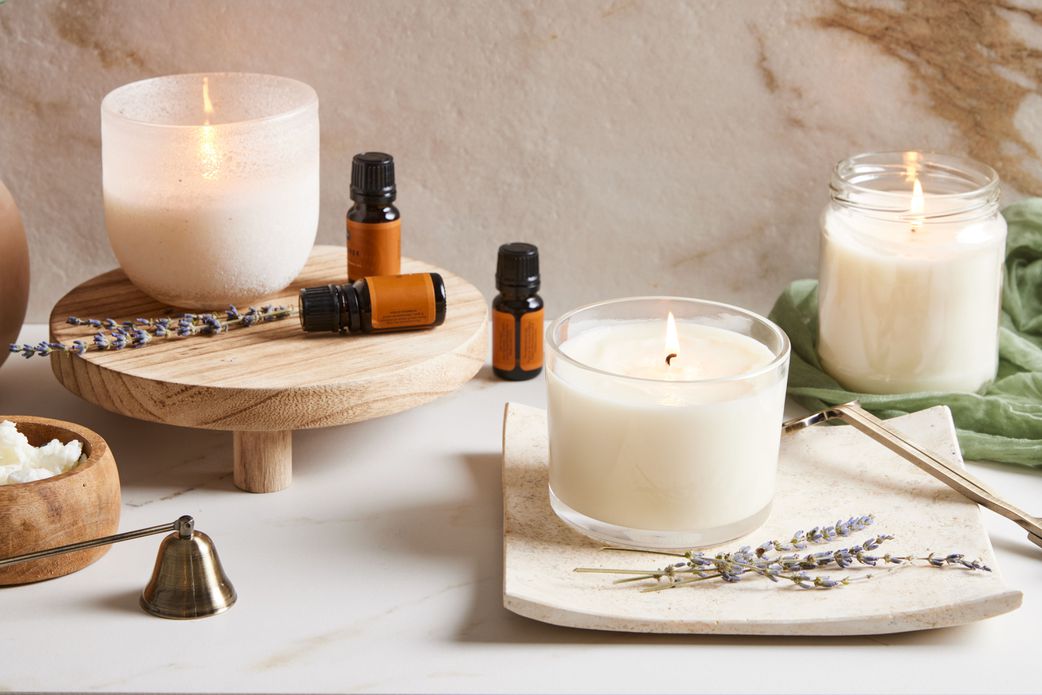
For individuals seeking to create ambiance without any health concerns, Dr. Wiredu proposed natural alternatives. These include using reed diffusers with pure essential oils, incorporating indoor plants known for their air-purifying qualities, or simply ensuring good airflow by opening windows and using fans.
Dr. Wiredu also addressed the significant issue of limited public awareness regarding indoor air pollution, particularly in Ghana and across many African nations. “Many people associate pollution with factories and cars, but they forget about what’s happening inside their own homes. We need more conversations around indoor air quality and how it affects long-term health,” she stated.
ALSO READ: Tips to make your basic outfits look more expensive
She further pointed out a regulatory gap, noting that while robust guidelines exist for food and water safety, there are surprisingly few local regulations for common household products like candles and air fresheners. “It’s important that consumers push for safer products and that health authorities consider stronger regulations to protect the public,” she urged.

Concluding with a balanced perspective, Dr. Wiredu reassured consumers, “You don’t need to throw out all your candles. Just be informed about what you’re breathing in. Your lungs and your future self will thank you.”






